“I think that, after Don Silvano Cola, Don Pepe, was the most charismatic Focolare priest I have ever known,” remarked a priest from Italy upon hearing the news of the death of Don Enrico Pepe on 2nd March, 2025 at the Focolare Priest’s Centre in Grottaferrata (Rome). “He was a person with a pure gaze. He saw people in truth and also in mercy”, said another from the USA. Cardinal João Braz De Aviz, emeritus Prefect of the Dicastery for Consecrated Life, who presided at the funeral, said in the homily: “I thank the Lord for the care he has had for us priests, helping many not to lose the gift of the Christian life and the ministerial priesthood, because we were strengthened by the continuous search for unity among ourselves, with the Church and with the Work of Mary”.
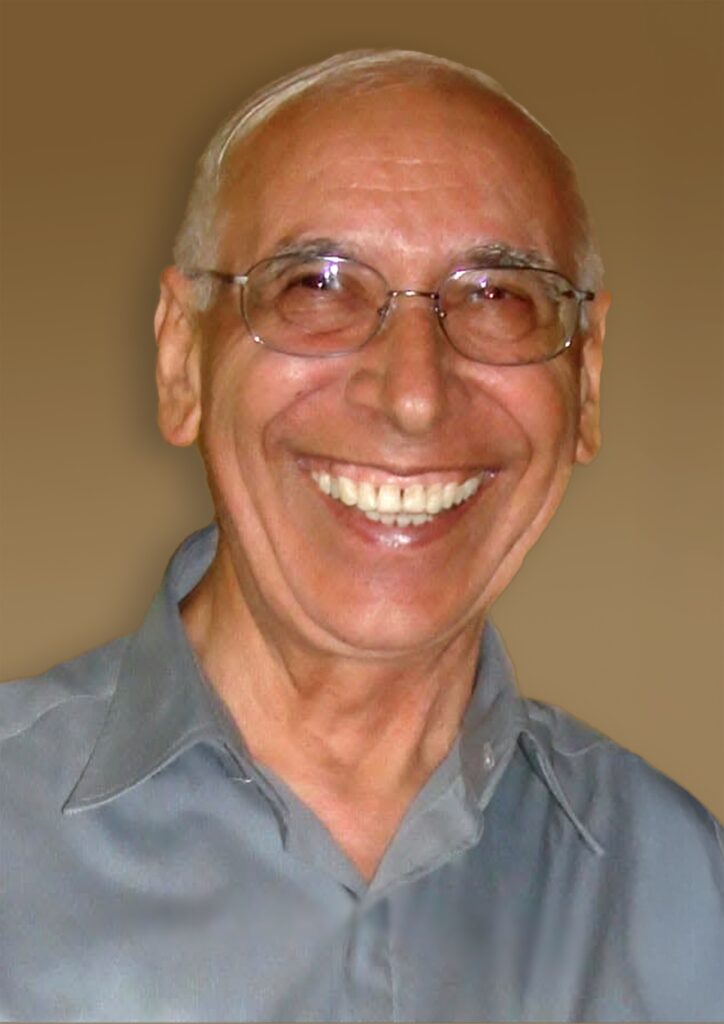
But who was Don Enrico Pepe? He shared a lot about himself in the book, An Adventure in Unity (CNx 2018).
Enrico was born on 15th November 1932 in Cortino (Teramo, Italy), the first of nine brothers and sisters. Despite the shadows of war, he enjoyed a happy childhood. Late in life, he would gladly return to those places, also to reconnect with the warmth of his loved ones: the Pepe “tribe”, now numbering 76 nieces, nephews and great nephews and nieces.
During his secondary school years, Enrico felt called to the priesthood and entered the seminary. He experienced a moment of doubt when a young woman was affectionate towards him, but precisely in that circumstance, he renewed his choice with even greater awareness.
He was ordained a priest in 1956 and in 1958 the Bishop sent him to Cerchiara, a town near the Gran Sasso, divided by two political factions that also affected the parish. Don Enrico, with his evangelical “cunning”, manages to carve out his path and the situation soon calmed down.
In 1963 he met the Focolare Movement. Together with Don Annibale Ferrari, he travelled every fortnight from Teramo to Rome to meet Don Silvano Cola at the first Priests’ focolare. A year later he was offered the opportunity to move to Palmares in the North East of Brazil, where Bishop Dom Acacio Rodrigues had turned to the Focolare Movement, due to the serious shortage of priests. In 1965 Don Pepe became the parish priest in Ribeirão, in an area of sugar cane monoculture with burning social and moral problems. He responded with a pastoral approach enlightened by the Second Vatican Council and by his own common sense. Over the years, a Priests’ focolare was born, a community in which Dom Acacio frequently participated.
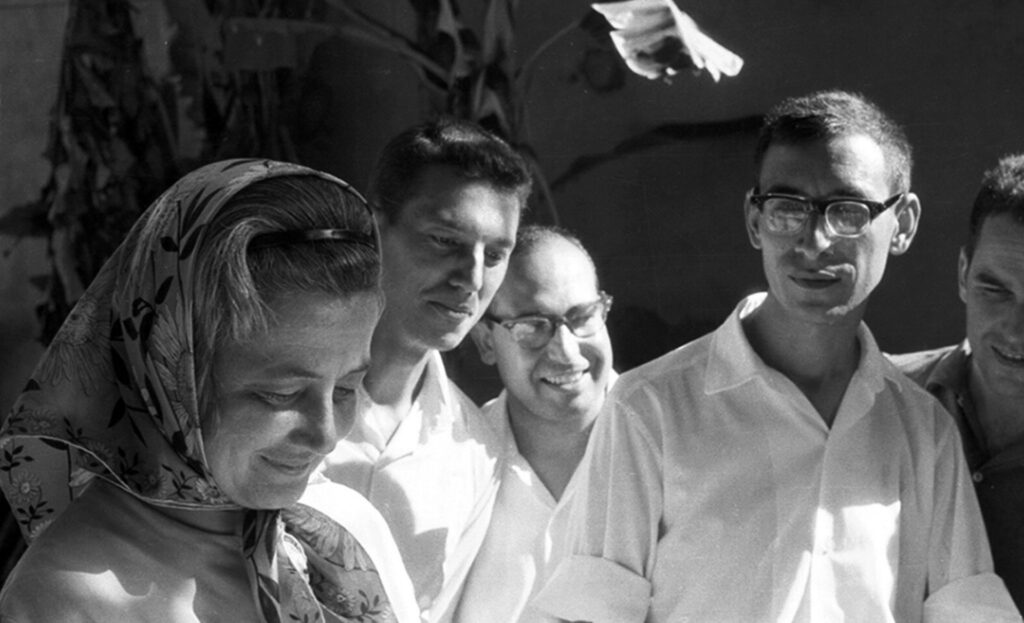
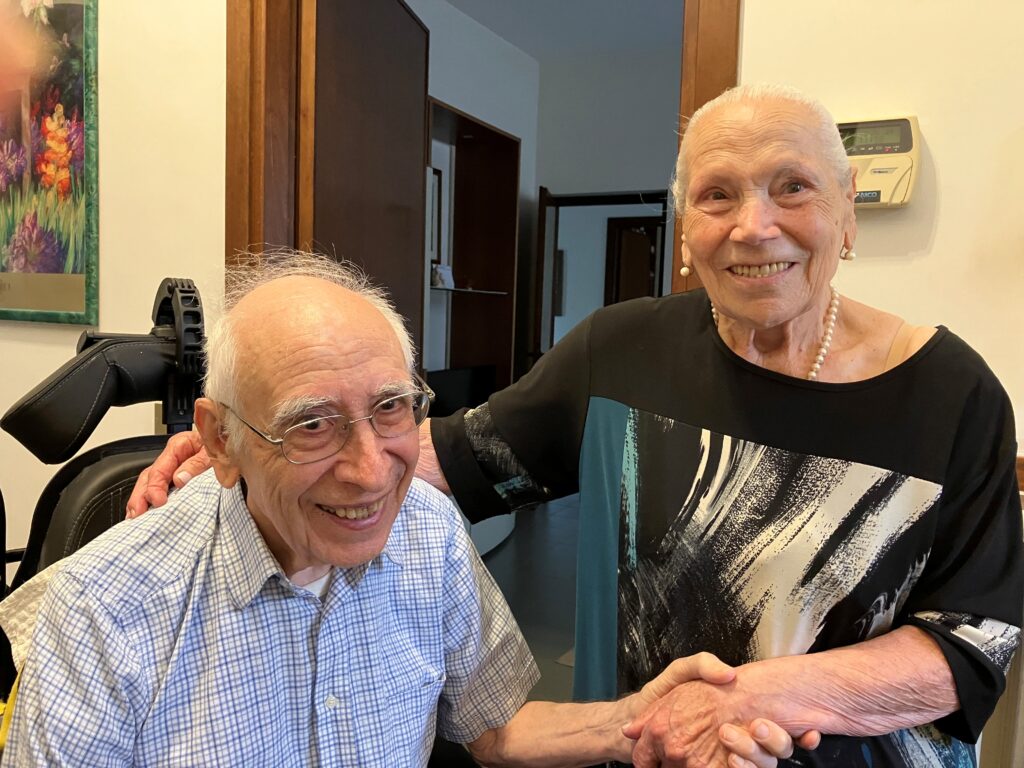
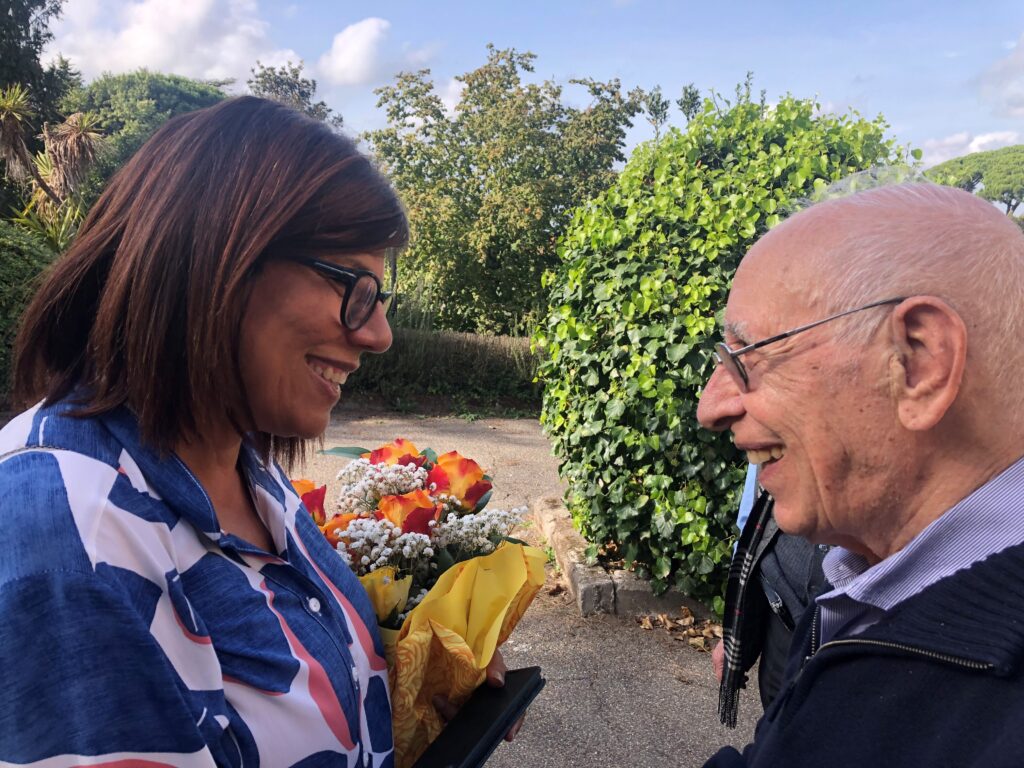
After a few months back in his homeland, in 1969 he left again for Brazil, this time to devote himself entirely to the Movement and to develop the spirit of unity among priests. In 1972 he relocated for this purpose to the Mariapolis Araceli, the little town of the Focolare near Sao Paulo. Years later, Don Pepe wrote to Pope Francis, “At that time, the Church in Brazil was going through a tremendous crisis, especially among the clergy. Together with the focolarini, I began to offer the spirituality of unity to diocesan and religious priests and seminarians. In this way, a new and joyful life was awakened in many dioceses and religious congregations.” This led to an unexpected result: “In the early 1980s, the Holy See began to appoint some priests who lived this spirituality as bishops”.
In 1984, Don Pepe was called to the Priests’ Focolare Centre in Grottaferrata (Rome), to look after, together with Don Silvano Cola, the thousands of priests who were living the spirituality of unity and the life flourishing in parishes around the world. In his spare time, he compiled the lives of Martyrs and Saints. This led to a book by the publisher Città Nuova that was so well received that he was asked to expand it to three volumes.
In 2001, the case of the Zambian Archbishop Milingo broke out. When he repented, the Holy See sought someone to guide him through a process of renewal and turned to the Focolare Movement. Don Pepe was assigned this task. Years later, Cardinal Bertone, then Secretary of the Dicastery for the Doctrine of the Faith, wrote to Don Pepe: “We met at a special moment in the life of the Church in Rome, without ever having met in person, but we sensed a convergence of ideals, of mission and of transmitting God’s merciful love, which sealed our relationships.”
In his later years, he faced significant health challenges. Don Pepe commented “In Brazil I passed through many airports and now I often see myself on the runway, ready for the final flight, the most beautiful one, because it will bring us to the Beyond”.
Hubertus Blaumeiser



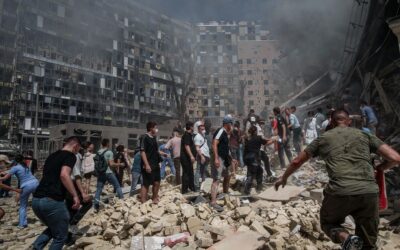
0 Comments